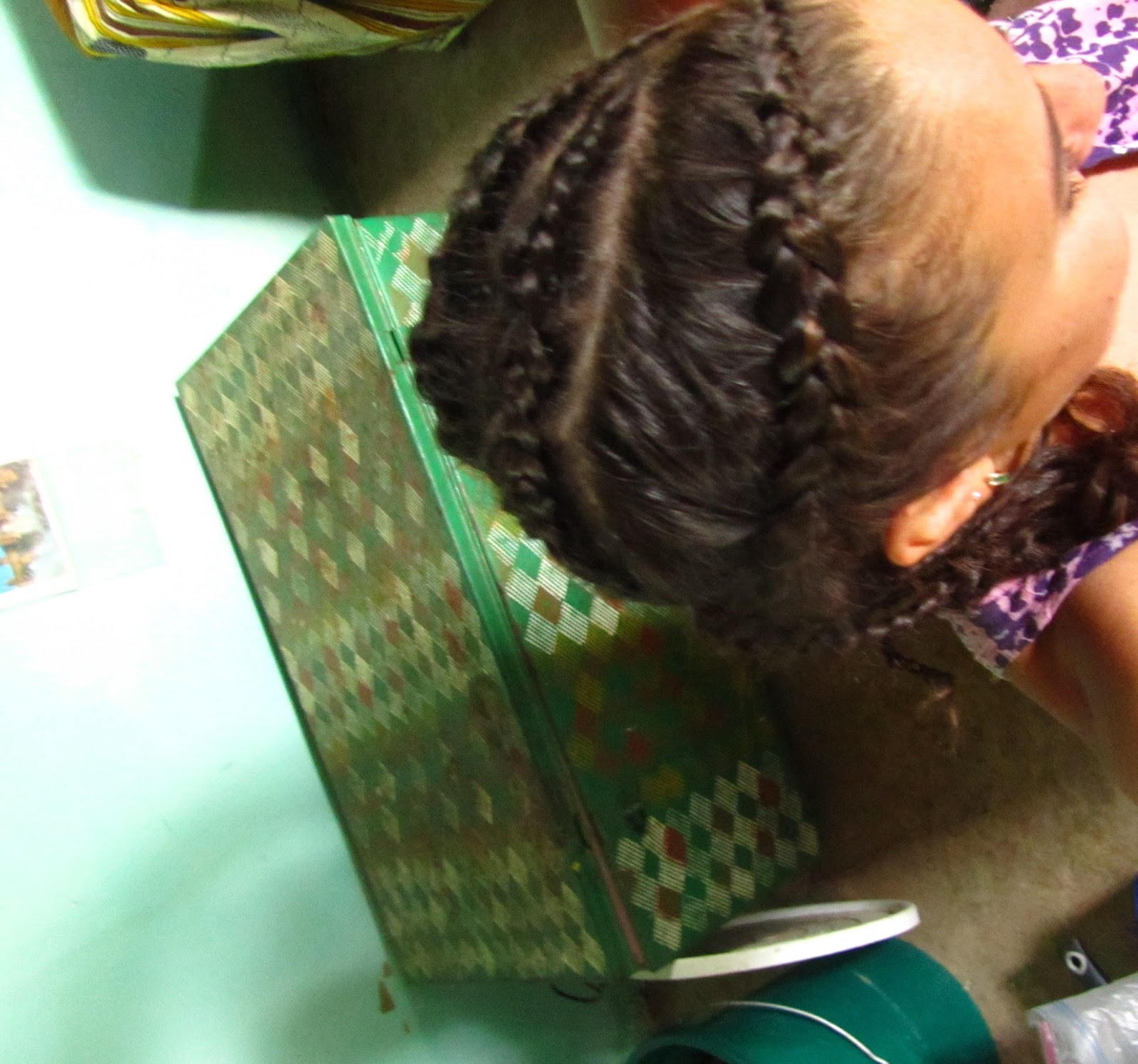Life in my village becomes boring when I have the same
questions, play the same games and eat the same food every day. So I try to mix
it up by having specific questions that I ask everyone each week, to learn more
about the culture, gender differences and to keep my brain stimulated. Some of
these themes have consisted of heaven and hell, Djinn, people that transform
into animals, and proverbs! So today, I am giving you a list of some of the
proverbs I learn. Some of them I decided to explain, some I just translated.
Kilaalay se moxo
esingo la sumea bari
Asking cools peoples legs but it does not cool the heart.
-A common occurrence in Senegal is for older people to send
children on errands to the boutik to buy things like tea, salt, an onion or a
pack of cigarettes. This proverb is saying that running these errands may tire
your legs but it is good for your heart.
Meenimeenoo xa samo
wuli
Small ant births an elephant.
-The example men used for this was that Obama’s mother did
not know she was having a world leader when she had him.
Kendo boo ta fureto,
fureboota kendo to.
Health comes out of a corpse, a corpse comes out of health.
Keebaa sigiring se
dula doo jee, dinding looring me a jee.
Old person sitting sees a place, child standing does not
see.
Atu! Basso le mu
Stop! Is the medicine
Feetoto wo le doney a
xa dii kungo tooti.
Giving to a person without clothing is sweeter than a hungry
person.
-When someone comes to your home without clothing, you give
them clothing once and it is over. When someone comes hungry you feed them but
they get hungry again and again. Therefore, it is better to have little
clothing but money for food rather than have nice clothing but no money for
food.
 |
| View from my back yard |
Nii ma kee sisee
koto, I se taxa kee woolo koto.
When you don’t put it in the chicken, you go and put it in
the field.
-Basically, if you have money and you don’t buy one thing
than you will use it to buy something else.
Fendo xa bung jail
soma a mang bono la sila fando sii.
(This direct translation is funky so I will just explain
it).
A griot comes to your home, asks for money and you do not
give it. Than you put the money in your pocket, your pocket has a hole and you
lose the money.
The last 3 proverbs are all money related and really
emphasize an aspect of the culture that makes it very hard to relate and fully
integrate in the culture. If you have money here, you are expected to spend it,
either by buying others things, giving loans to family and friends that you dont except to be paid back, or purchasing items for yourself.
Saving money is not culturally acceptable when other members of your family
could use the funds themselves.
Which brings me to the last proverb that is translatable
into every Senegalese language here:
Yiri calo be sigiring
giyoto, me wo me kee bamboo ti.
A tree branch, no matter how long it sits in the water will
not become an alligator.
So don’t worry mom, Im coming home because I can never
become an alligator.
 |
| Another good thing about rainy season- beautiful skies |









